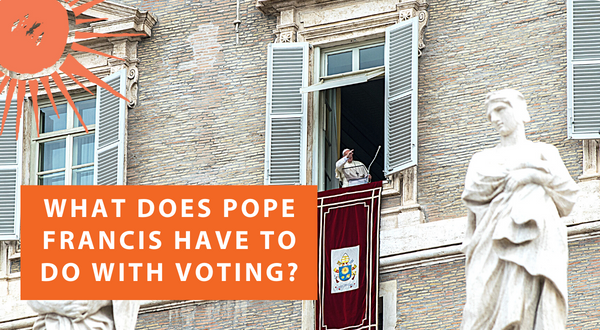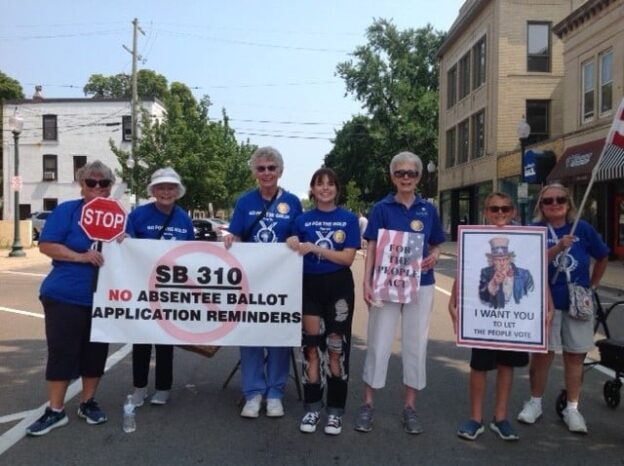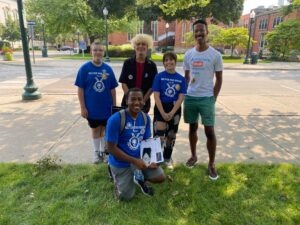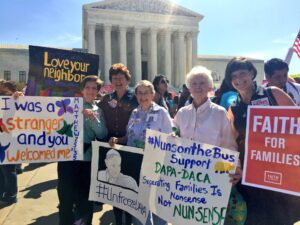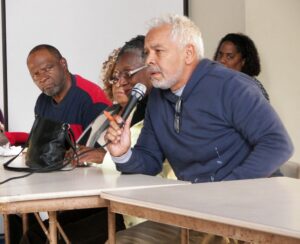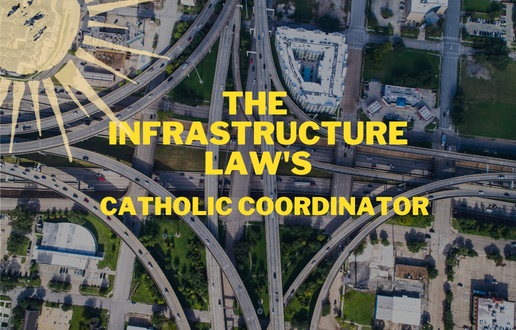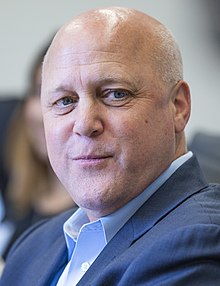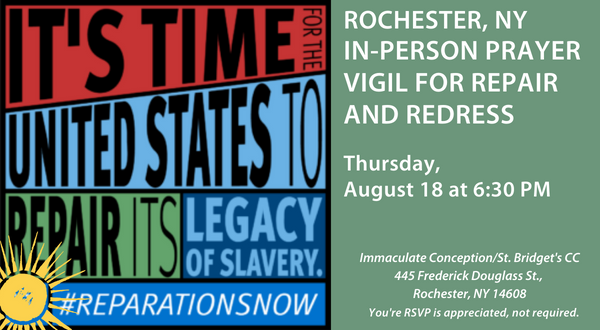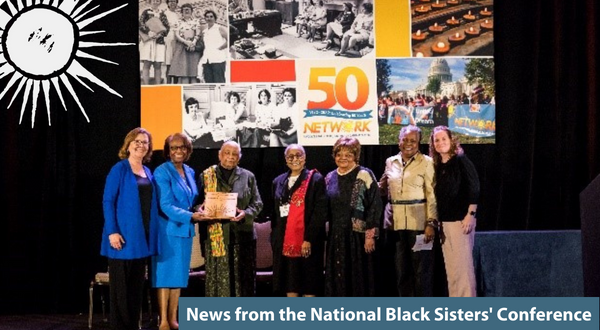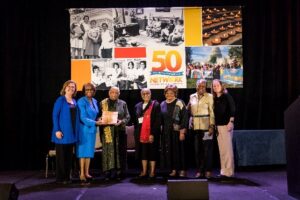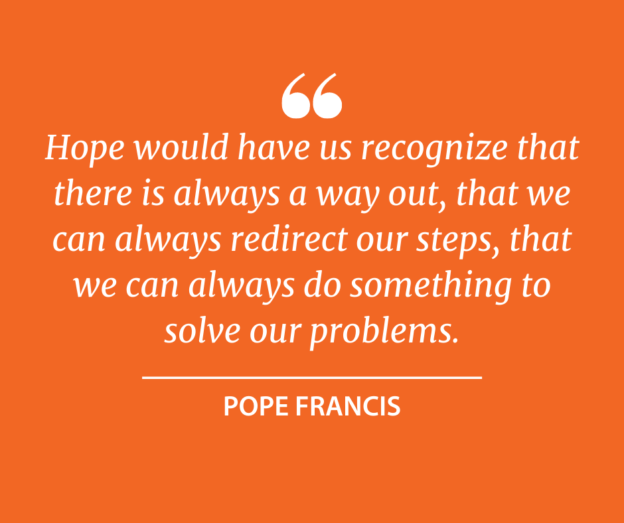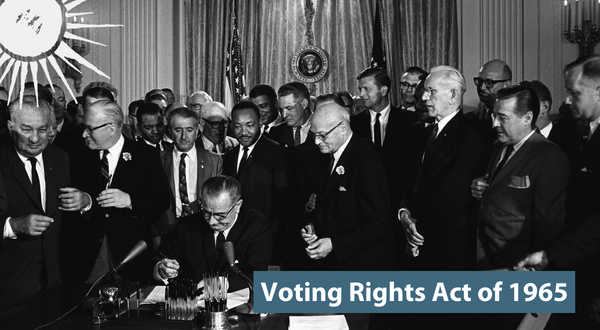Election Workshops Teach You How to Be a Pope Francis Voter and Transform Politics!
Are you a multi-issue voter who is ready to be a Pope Francis Voter and build toward a multi-racial, inclusive democracy? Not sure what that means, but interested in how you can connect your faith, Catholic Social Justice, and voting? Then “Transform Our Politics! Becoming a Pope Francis Voter,” a virtual three-part election workshop series, is for you!
Each week, you will explore one of NETWORK’s Cornerstones to Build Our Country Anew: Dismantling Systemic Racism, Cultivating Inclusive Community, and Rooting Our Economy in Solidarity. The vision and skills you’ll acquire will help you during this election season and beyond. Download the Build Anew Agenda.
Your vote is your voice! Prepare with NETWORK staff to be a multi-issue Pope Francis Voter and transform our politics! We hope to see you at each 90-minute workshop. Session will be recorded.
Workshop I: Dismantle Systemic Racism
Learn how single-issue voting can be a cover for racism, nationalism, and extremism. Key policies that have begun to dismantle systemic racism in the U.S will be highlighted, and we’ll explore more that needs to happen.
Message training will help you take what you’ve learned into conversation with friends and family. Election season can complicate relationships, and so can talk of dismantling racism. NETWORK staff will model how you can use effective messaging to engage in transformative conversations.
Mon., Sept. 12, NOON Eastern/9:00 AM Pacific
Wed., Sept. 14, 7:00 PM Eastern/4:00 PM Pacific
Workshop II: Cultivate Inclusive Community
Explore your understanding of ‘inclusive community’ and break open the Catholic case for democracy. Some assert that inclusive communities create division and foster animosity toward people outside of the group.
NETWORK staff will show how inclusive communities are not exclusionary and are the polar opposite of White Christian Nationalism. We will envision how we can be part of creating a multi-racial, inclusive democracy this election season.
Mon., Sept. 19, NOON Eastern/9:00 AM Pacific
Wed., Sept. 21, 7:00 PM Eastern/4:00 PM Pacific
Workshop III: Root Our Economy in Solidarity
Learn about policies that address the racial wealth and income gap so that everyone has the economic stability needed to thrive. NETWORK staff will help you practice promoting these policies with the people in your life.
Engage in a discussion on the power and benefits of cross-cultural relationships and understanding to build racial solidarity. This must happen to bring NETWORK’s Build Anew Agenda into existence so we can build an economy of inclusion that values people and planet over profit. Participants will also learn how storytelling plays a role in transformative conversations.
Mon., Sept. 26, NOON Eastern/9:00 AM Pacific
Wed., Sept. 28, 7:00 PM Eastern/4:00 PM Pacific







